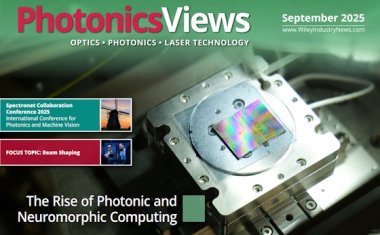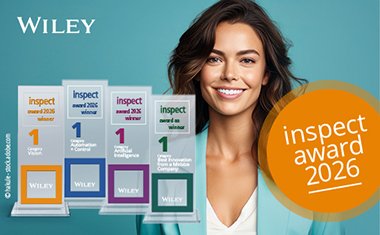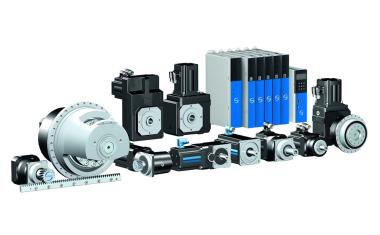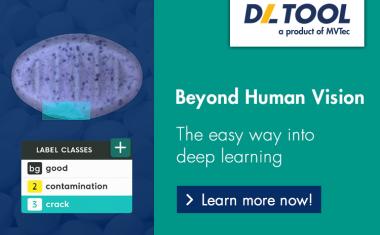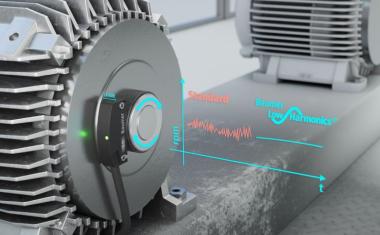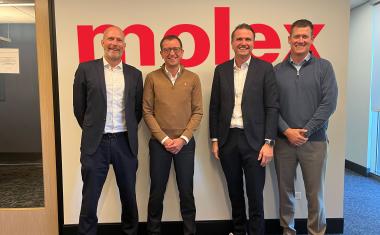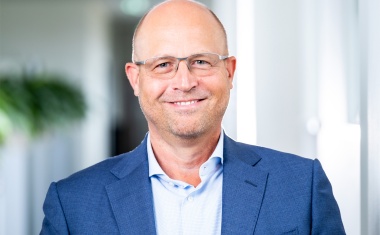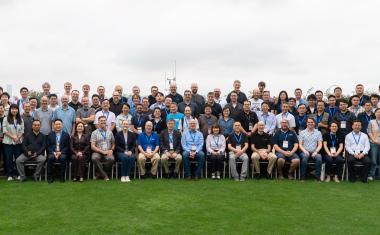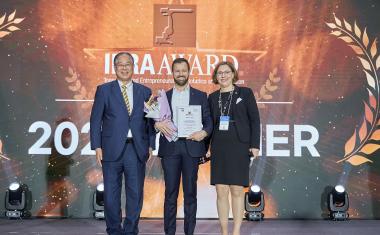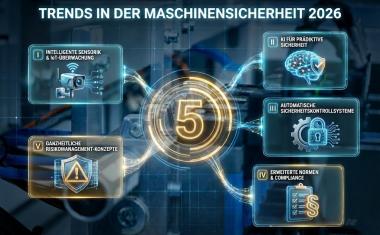Quantum 2.0 – hybrid conference and exhibition
Plenary presentations by quantum experts: Nathalie de Leon, Jian-Wei Pan, John Preskill, Christine Silberhorn, Michael Totzeck and Peter Zoller.
Quantum technology has seen major advancements in computing, communications and sensing – areas that rely heavily on optics and photonics. Public and private sectors are making significant investments in these architectures, which means big opportunities for the optics and photonics community. Optica’s Quantum 2.0 conference will be presented in a hybrid format, 13 – 16 June 2022. This approach will accommodate speakers and attendees from across the globe with in-person and on-demand content.
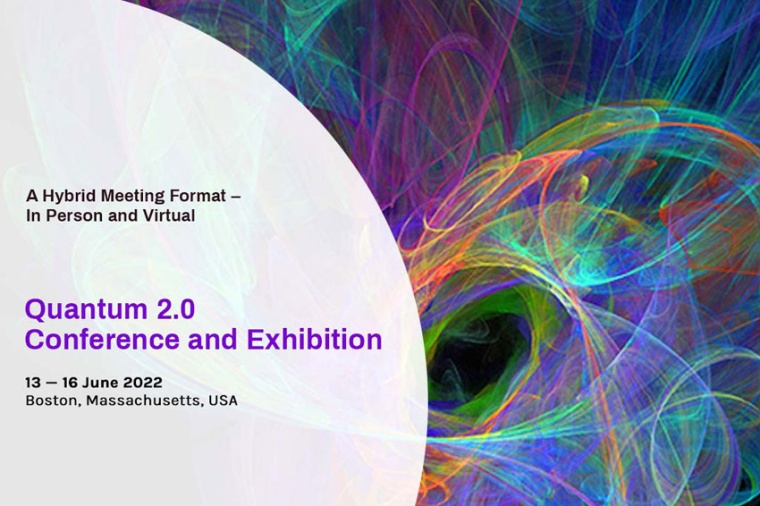
With five days of technical sessions, the conference will feature technical presentations by invited speakers and contributed talks, plus special events and six distinguished plenary keynote speakers. The exhibition will include industry-focused sessions and companies showcasing market-ready technologies across areas of quantum science and applications.
“The plenary sessions are one of the most highly anticipated components of Quantum 2.0, and we are particularly excited to present this year’s line-up of visionaries,” said Michael Raymer, University of Oregon, United States, co-chair. “Each year, we select individuals who inspire us by making great strides in the development of mature quantum technologies that will allow us to build Quantum 2.0 systems capable of quantum advantage.”
“The conference will offer the opportunity to interact with experts in the field, form partnerships and discuss new technologies in the QIST community is a main attraction of the conference,” said Christopher Monroe, Duke University, United States, co-chair. “Attendees will have the opportunity to interact and discover common ground, and potentially build collaborations leading to new concepts or development opportunities.”
Show floor programming
Quantum 2.0 will present a show floor program that will include six programs focused on technical challenges and exploring broader challenges facing the nascent quantum 2.0 industrial community. The show floor programs will cover the prospects and challenges facing quantum sensors, quantum networks, quantum internet and quantum computing. The session on quantum computing will focus on the challenges of photonics in quantum computing looking at both optical approaches to quantum computing and the need for photonics in quantum computing to interconnect individual quantum processor units. The rapidly evolving quantum industry has challenges from workforce development to creating a robust quantum-related supply chain, to what it takes to create a new start-up company in the quantum industry.
Plenary keynote speakers
Nathalie de Leon, Princeton University, USA:
“New Material Systems for Superconducting Qubits”
Jian-Wei Pan, University of Science and Technology of China:
“From Multi-Photon Entanglement to Quantum Computational Advantage”
John Preskill, California Institute of Technology, USA:
“Making Predictions in a Quantum World”
Christine Silberhorn, Paderborn University, USA:
“Photonic Quantum Information Processing”
Michael Totzeck, Carl Zeiss, Germany:
“Innovation Potentials of Quantum Technology of 2nd Generation for Optics and Photonics”
Peter Zoller, University of Innsbruck, Austria:
“Programmable Quantum Simulators with Atoms and Ions”
Quantum 2.0 technical presentations cover the range of emerging technologies quantum computing and simulation, quantum communications systems, quantum metrology and sensors, quantum interconnects and more.


